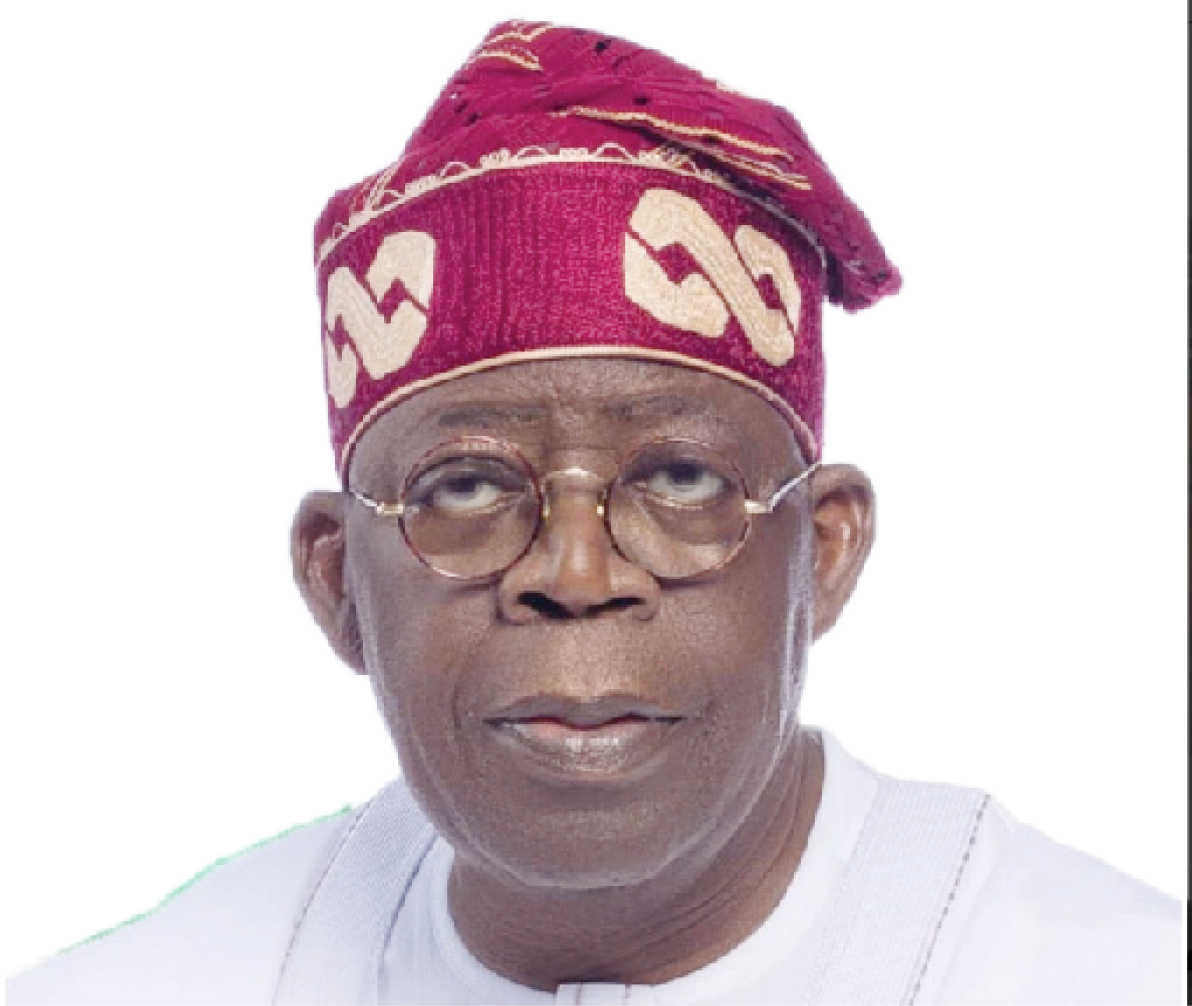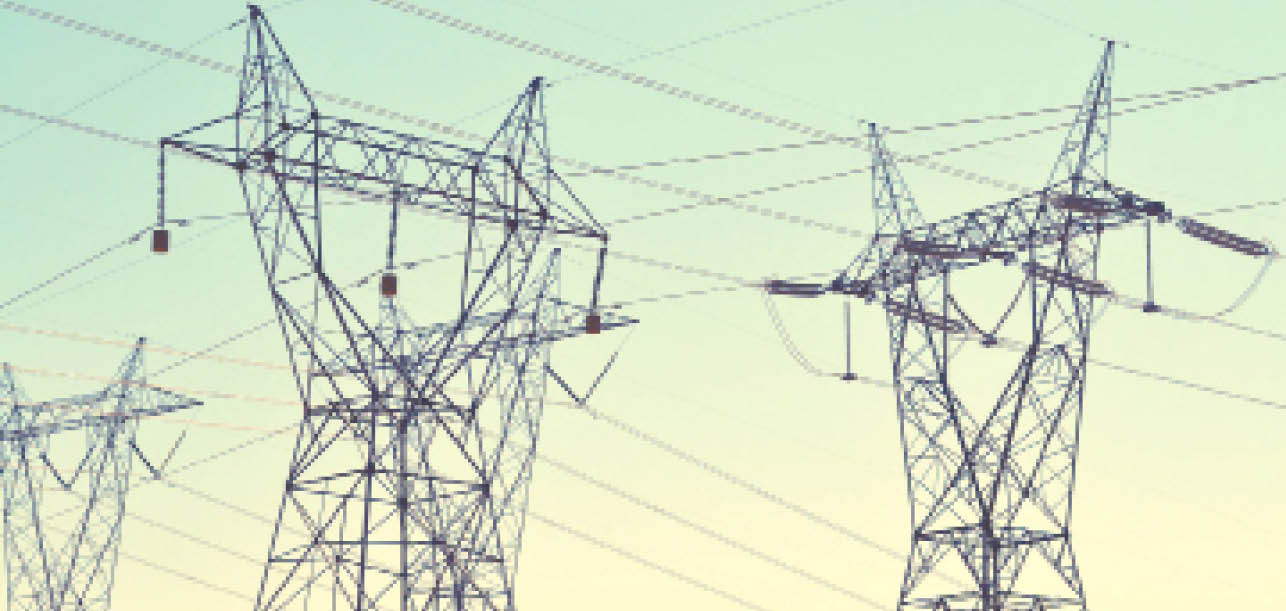6 top sectors awaiting Tinubu’s ‘magic wand’
Ahead of Monday’s inauguration of Asiwaju Bola Ahmed Tinubu as the 16th president of the Federal Republic of Nigeria, experts and stakeholders in critical sectors of the country have set an agenda for the incoming administration. The inauguration of Tinubu will mark the end of the eight-year tenure of President Muhammadu Buhari. Across the country […]

President Bola Ahmed Tinubu
Ahead of Monday’s inauguration of Asiwaju Bola Ahmed Tinubu as the 16th president of the Federal Republic of Nigeria, experts and stakeholders in critical sectors of the country have set an agenda for the incoming administration.
The inauguration of Tinubu will mark the end of the eight-year tenure of President Muhammadu Buhari.
Across the country and beyond, Nigerians are awaiting the taking over by Tinubu, who has promised to address the myriad of challenges facing the country as encapsulated in his Renewed Hope agenda.
Key sectors enumerated by experts and stakeholders as yearning for immediate attention are security, economy, power/energy, infrastructure, health, education and agriculture.
Security
Top on the agenda is the issue of insecurity, which encompasses the raging banditry, kidnapping, insurgency, oil theft, secessionists’ agitations, cult clashes, farmers/herders’, communal clashes/killings and internet fraud as key problems confronting the sector.
Each of the six geopolitical zones of the country has its fair share from the unabated security challenges bedevilling the nation despite military intervention over the years.
For instance, some states in North West and North Central are battling banditry and kidnapping. The challenge of oil theft is attributed to the Niger Delta region, in the South South of the country.
Findings showed that the North East zone still suffers from attacks by insurgents.
Stakeholders in the security sector, who spoke to one of our correspondents, said there are ways out of the present quagmire if the incoming administration has the political will and wherewithal to combat the menace.
Abdullahi Umar, a counter-terrorism and security expert, noted that it is imperative for the incoming administration to set up a think-tank immediately to tackle the root of the matter.
He also advised that the present security architecture be restructured, saying bad eggs within the security forces jeopardizing the ongoing fight against insurgency must be made to face the wrath of the law.
Another security expert, Sunday Oni, said that the president-elect should work closely with lawmakers to make ranches a must for owners of cows.
In the same vein, he called on lawmakers to make legislations that would allocate roles to traditional rulers regarding peace in their domains, saying the law should also include how to tackle incessant communal clashes.

Subsidy, power grid crashes dog energy sector
The removal of the petrol subsidy, the crashing or hike in the petrol price presently at over N190 per litre, as well as making petroleum products available are the immediate hurdles the incoming Tinubu administration must resolve after May 29.
In the power sector, the new president must find ways to raise the power on the national grid above the 4,500 megawatts (MW) nominal availability that has caused a perennially low supply to consumers, experts have said.
The outgoing government of President Buhari recently expanded a committee to include members of the incoming government in deliberating on the removal or sustenance of petrol subsidy after June, just a month after Tinubu stepped in.
So far, the government has spent over N6 trillion as petrol subsidy in less than 18 months but Nigerians have endured over a year of petrol scarcity amidst multiple hikes in the product’s price from N165 per litre to N195/l official rate in less than one year.
The price of petrol must be stabilised rather than juggling from N165 per litre to between N179/l and N189/l across various regions, and then to N180/l before rising to N195/l officially. The product still sells for over N250/l in some states. For diesel, the price has remained at over N800/l after rising from about N250/l in 2022.
Analysts said it will be a tough decision for Tinubu to sustain the subsidy and not fully liberalise the downstream petroleum sector to allow other players to import petrol instead of the sole reliance on NNPC Limited.
The Dangote Refinery has been slated for commissioning today. It is expected to cushion supply issues as NNPC will now buy from the plant in Lagos rather than relying on a three-week freight duration from Amsterdam, Belgium where it gets refined product from refineries operated by Shell and Mobil.
Nigerians have not had a national grid beyond 5,600MW so far and even at an average daily peak power of 4,000MW generation, there are complaints of multiple daily outages across states along with an increasing tariff.
Experts and electricity users have decried the rigidity in deploying meters by the Distribution Companies (DisCos) with key advocacies that the meter device acquisition be liberalized to be purchased at the market freely by consumers so they can monitor their consumption and reduce their complaints of high estimated electricity bills.
There is also an over N3trn market shortfall with a worsening situation that has caused several DisCos to be given 60 days, ending in June 2023, to remedy their defaults in the remittance of energy revenue collections to the Market Operator (MO) of the Transmission Company of Nigeria (TCN).
The Siemens Presidential Power Initiative (PPI), a brainchild of Buhari has not yielded the much expected results. So far, raising the grid to 7,000MW from the 5,000MW did not happen in 2022 and the target of reaching 11,000MW this year may be elusive with seven months left.
Although some power transformers have been sold to Nigeria by Siemen from its Italy and German factories, they have not translated to improved grid power.
A financial expert, Paul Alaje, said the incoming government must first focus on energy to stimulate the economy as no economy has survived without having abundant energy at its disposal.
N77trn debt amid rising inflation
The first glimpse of the Nigerian economy Tinubu will catch will be a portfolio of an inherited N77 trillion federal and state debt along a rising inflation highway at 22 per cent.
Although President Buhari, who is leaving office on Monday along with state governors, is leaving a N77trn debt portfolio, the federal government is seeking fresh permission to borrow $800 million (about N330 billion) from the World Bank after securing approval for $800m as palliatives for previously planned petrol subsidy removal.
With the integration of these loans by the Debt Management Office (DMO), the debt profile is sure to rise higher at a time government officials and the World Bank said over 90 per cent of revenue Nigeria earned is used to service debt and to pay salaries.
Due to the enormity of the cash crunch, Governor Godwin Obaseki of Edo State recently told workers that the federal and state governments may not be able to pay workers’ salaries beyond June unless it either resorts to “massive printing of money” which is the Ways and Means (W&M) or removing fuel subsidy.
Buhari’s government had gathered N23trn local debt through the CBN W&M which the national assembly approved to be integrated into the debt profile and dragged it to N77trn. DMO’s breakdown shows that the CBN debt was N23.7trn, adding to Nigeria’s total debt stock of N44.06tr, which DMO said largely reflected the weakness of the local unit, the naira.
One area that the masses feel the impact of the government is around food security but Nigeria has failed in this with super high food inflation. The World Bank recently projected more food crises with Africa to be mostly hit and the majority of the African population is in Nigeria.
According to the National Bureau of Statistics (NBS), Nigeria’s annual inflation rate rose to 22.04 per cent in March from 21.91 per cent in the previous month. The food inflation rate rose to 24.46 per cent in March from 24.35 per cent in February. To tame this, CBN has been hiking banks’ interest rates but that has not cushioned the inflation figures.
On foreign exchange, the naira has remained under continued pressure as many Nigerians scramble for dollars to pay tuition fees, medical and import bills. CBN has also failed to meet the demands in the official market, forcing many to turn to the black market, causing price hikes.

Agriculture
Experts say the incoming president needs to concentrate on six major issues that prevent Nigeria’s agriculture sector from reaching its full potential.
The issues include addressing the fertiliser conundrum, herder/farmer conflicts, gaining access to finance, expanding irrigation infrastructure, and increasing mechanization access.
Farmers and other relevant stakeholders agreed that these six major areas have restricted the country’s agro-economy’s potential in every aspect of output.
Architect Kabiru Ibrahim, national president of the All Farmers Association of Nigeria (AFAN), said an all-year-round farming programme should be encouraged by investing in irrigation, mechanization, smart agricultural practices, and STI (Science Technology and Innovation) to attain the desired results by the incoming administration.
“The incoming administration should meticulously incentivize farmers by carefully analysing agricultural competencies and the regions possessing comparative advantage in producing them and go on to subsidize the products directly as well as decisively.
“Each of the six geopolitical zones should be appraised and its staples identified with a view to optimizing the productivity of all those staples such that the impact will be felt within the first year of the administration,” he said.
On his part, Chief Dan Okafor, national president of Potato Farmers and Processors said the incoming government should address first and foremost security, electricity, irrigation, rural roads and provide insurance schemes to farmers.
An agro-economist, Mr Dele Adebisi, said the incoming government must look at various ways of ensuring that farmers have good access to inputs including mechanization, adding that mechanisation will ultimately reduce the cost of production.
Health
Nigeria’s health sector is bedevilled with a lot of challenges and the incoming administration has a lot to do in improving the health system, as well as making healthcare affordable and accessible to millions of Nigerians who cannot access the care they require.
Experts said there is a need for the incoming administration to urgently address the challenges.
Some of them are massive brain drain, manpower shortage, poor budgetary allocation to health, dependence on donors to fund healthcare, over 70% out-of-pocket expenditure for health, poor primary healthcare delivery, medical tourism and poor immunisation coverage, rivalry among health professionals, poor infrastructure and obsolete equipment across health facilities among others.
The Medical and Dental Consultants Association of Nigeria (MDCAN), on its part, said the country’s healthcare delivery system currently faces challenges of big funding gaps, infrastructure deficits, and a demoralised workforce.
The association’s president, Dr Victor Makanjuola and Secretary General, Dr Yemi R. Raji said, “The poor motivation of healthcare workers has resulted in the ongoing emigration of our scarce healthcare workforce to more developed countries.” Ifedilichukwu Innocent of Save the Children called on the new administration – from local, state and national levels – to prioritize health and also budget in line with global recommendations.

Education
The education sector is one of the critical areas where Nigerians’ expectations are high considering that it has been challenged by inadequate funding, incessant strikes at the tertiary level, a high number of out-of-school children and inadequate qualified teachers among others.
While some experts say the government has taken some positive steps in collaboration with local and international partners and other stakeholders to address the challenges in the sector, they however recommend that a lot of work still needs to be done.
This year, with a new government in view, it is expected that the sector should do more in closing the gaps and addressing the challenges to bring it to the level of international best practices.
Educationists and other stakeholders have said appointing the right person as minister is a priority the incoming president should consider. They expressed the belief that an academic who knows the challenges of the sector should be considered this time around.
The Director, Ibrahim Usman Jibril Institute for the Built Environment, Nasarawa State University Keffi, Professor Nasiru Medugu Idris said: “We need the political will to change the narrative of the education sector so that we can tackle them holistically for development if we still want to be respected among the comity of nations.”
Also, an educationist, Michael Sule, said an academic should be the new minister as obtained in Ghana and other places where their education sector is working.
ASUU strike
The feud between the Academic Staff Union of Universities (ASUU) and the federal government due to the failure of the latter to meet the demands of the union on welfare, infrastructure, among others has always led to strike action grounding activities of both federal and state universities in the country.
The strike always affects students learning who in most cases stayed at home for months. The new government should find ways to put this to permanent rest, the stakeholders said.
Buhari’s uncompleted projected
One of the uncompelled projects of the outgoing administration is the $1.96bn Kano-Katsina-Jibiya-Maradi Rail Line for which a virtual ground-breaking ceremony was performed by President Buhari on February 9, 2021.
The plan for the construction of the 284km Kano-Maradi rail line linking Nigeria to neighbouring Niger Republic is to boost the Lagos-Kano-Jibiya (LAKAJI) economic corridor, which both the World Bank and the US have been highlighting.
$3.02bn Port Harcourt/Maiduguri rail line
Another project which requires the attention of the incoming government is the $3.02bn Port Harcourt/Maiduguri rail line.
Ground-breaking was done by President Buhari for a complete revamp of the Port Harcourt–Maiduguri Narrow Gauge Rail. The Special Adviser to the President on Media and Publicity, Femi Adesina, in a factsheet released on the seventh anniversary of the Buhari administration, said work kicked off in 2022.On October 7, 2020, the Federal Executive Council (FEC) approved the sum of $3.02 billion for the rehabilitation and reconstruction of the Port Harcourt-Maiduguri Eastern Narrow Gauge railway project.
Kaduna-Kano standard gauge rail line
Another important project expected to be of priority for the incoming Tinubu administration is the Kaduna-Kano Standard Gauge Rail Line. Construction commenced on the Kaduna-Kano Standard Gauge Rail Line following the ground-breaking by the president in July 2021. Also, some segments of the Abuja-Kaduna-Kano road are yet to be completed.
By Sunday M. Ogwu, Simon E. Sunday, Ojoma Akor, Vincent Yusuf, Chidimma C. Okeke, Idowu Isamotu, Muideen Olaniyi & Faruk Shuaibu
